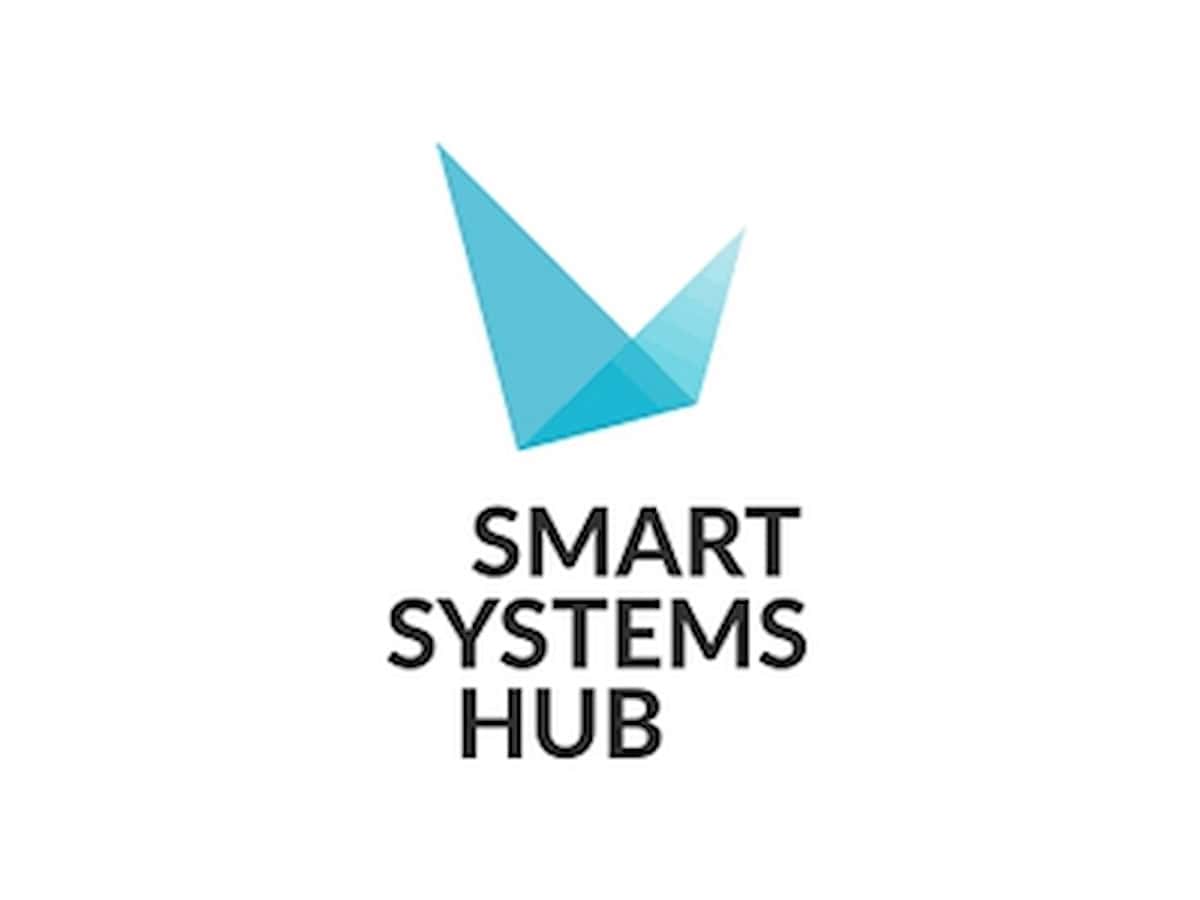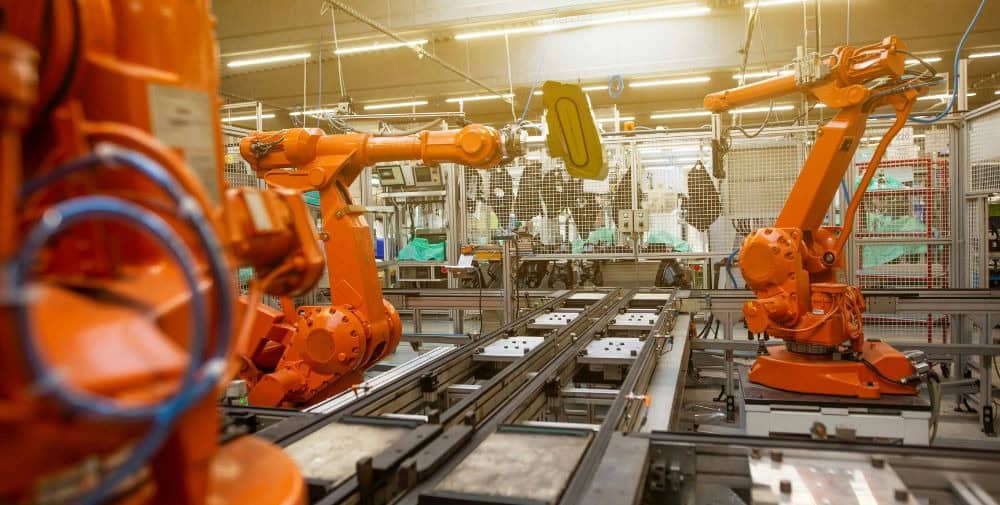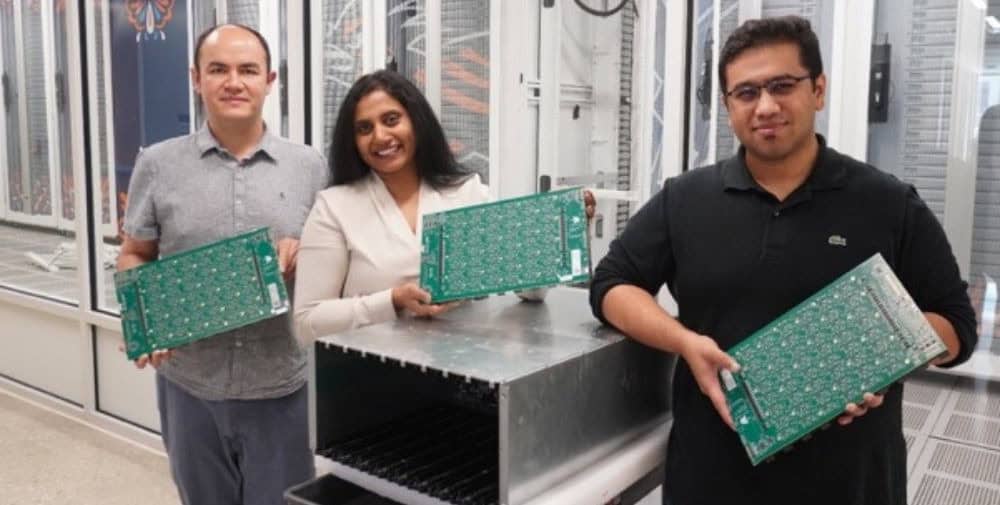
Manufacturing-X is an industry- and technology-driven as well as politically supported initiative that enables secure and self-determined data exchange between companies – without a central platform and without dependence on individual large technology players and cloud providers. The focus is on production companies such as machine and plant manufacturers that want to share and use data along their value chain in order to make processes more efficient and develop new business models.
In the emerging industrial ecosystem, companies retain control over their data: they decide for themselves who receives what information and when. Instead of uploading comprehensive data to a central cloud at will, independent data rooms are being created in which suppliers and customers, for example, can interact securely – purely with the information required for the respective collaboration.
Why does Manufacturing-X benefit SMEs in particular?
Europe’s medium-sized industry is characterized by a high level of engineering expertise, quality and innovative strength. At the same time, these companies are facing growing competition. “Regions such as Asia in particular, with heavily subsidized technologies and industries as well as rapidly scaling business models, are pushing into the market and becoming ever better technologically. The answer to this cannot be to close ourselves off here in Europe and hope that everything will work out. Instead, projects should be approached in a more and more networked way in future and innovations should be developed cooperatively,” demands Michael Kaiser, CEO of the Smart Systems Hub. His innovation center for industrial automation is part of the Manufacturing-X initiative and is working together with a network of over 700 partners on concrete solutions to make the project a reality.
Manufacturing-X offers the infrastructure to take Europe-wide industrial collaboration to a new level. Increased efficiency in production, new data-driven service and business models or improved resilience in the supply chain – all this is made possible by the independent and standardized exchange of data. A machine manufacturer, for example, will not simply sell a system in future. They will also be able to permanently read out its status data and be in a position to offer their customers predictive maintenance or have spare parts delivered automatically.
A look into Europe’s Manufacturing-X future
What could Europe look like once Manufacturing-X has been implemented on a broad scale? According to Kaiser, “most likely highly networked, efficient and economically resilient”.
This example illustrates his forecast: a production company makes its raw material requirements for the coming weeks available to its suppliers in the shared data room. They can then plan, produce and deliver in a targeted manner – with pinpoint accuracy and in a way that conserves resources. Impending bottlenecks are also identified at an early stage and alternative suppliers are automatically integrated in case of doubt. With regard to the machine manufacturer mentioned above, the situation could look like this: The manufacturer has real-time access to the operating data of its system at the customer’s site. Maintenance can be planned in advance, failures can be prevented and optimization potential can be identified directly. This creates a dynamic ecosystem in which everyone involved benefits. But what would happen if Europe did not implement Manufacturing-X?
The alternative would be a step backwards: if companies develop their own isolated solutions, scalability is lacking. The result is isolated solutions that are not transferable. Large-scale and internationally competitive collaboration cannot be realized. Even more critical: there is a threat of growing dependence on large platform providers from overseas, with unclear data protection regulations and potential lock-in effects. In this scenario, companies and their business success are also increasingly dependent on individual software providers. Digital sovereignty, i.e. control over their own data and digital infrastructures, is hardly guaranteed.
How to overcome hurdles along the way
Despite the great potential, the Manufacturing-X initiative is still met with reluctance by many companies, according to Kaiser – especially in the SME sector. The most common questions are: “Isn’t it too early for us?”, “Aren’t we too small?”, or “Who should even implement this?” This uncertainty is understandable, but can be reduced through practical examples, low-threshold testing options and clear communication.
One approach that can provide clarification and acceptance is the digital Manufacturing-X experimentation field and the pop-up testbed of the Smart Systems Hub that builds on it. This allows companies to test their use cases directly in a small, easy-to-understand model environment – without having to set up a large-scale project on their own factory floor. The testbed, for example, uses a miniature system that interacts autonomously with a robot arm via a shared data room. This makes added value, such as efficiency gains in maintenance, cost savings in the supply chain or more individualized products, tangible. At the same time, the experimental field shows how commercial software systems used by many industrial companies can be combined with open source solutions. According to Kaiser, such testing opportunities are an important bridge for practical application – as are hackathons. These are events in which different teams with as much different expertise as possible take part and jointly develop, present and explain solutions for Industry 4.0.
What Europe still needs for its industrial ecosystem
In order for Manufacturing-X to be a success, technical and structural prerequisites must also be created. A key challenge is interoperability between different data spaces. Companies should not have to register with a different operator or a new platform for every new project – a standardized, universally usable identity is necessary. In general, a broad standardization and harmonization of solutions and systems is needed, without losing sight of the flexibility for individual use cases.
In the end, however, Europe’s networked industrial ecosystem will take root and grow through concrete successes in practice. “The relevance of the topic in the industry, especially for the user side, is becoming increasingly clear. There are several Manufacturing-X initiatives that are building solutions, as well as funding projects that support the projects. However, the crucial thing is to take the next step and move from pure testing to building real applications,” summarizes the CEO of the Smart Systems Hub. If small and medium-sized enterprises become demonstrably more efficient, open up new business areas or become more resilient in the face of crises through the use of initial solutions as part of Manufacturing-X, then this will set a precedent.
About the Smart Systems Hub
The Smart Systems Hub is one of Europe’s largest innovation centers in the field of industrial automation. It supports companies and organizations in innovation processes and the implementation of new technologies. Supported by a strong network of over 700 partners and with expertise in various key technologies, the Smart Systems Hub develops system solutions in co-innovative projects that are tailored to the individual needs of its partners. In addition to technological know-how, great importance is attached to the right methodology. With the help of agile and creative concepts, a successful innovation process is guaranteed – quickly and efficiently.
– – – – – –
Further links
👉 www.smart-systems-hub.de/de
Photo: unsplash




